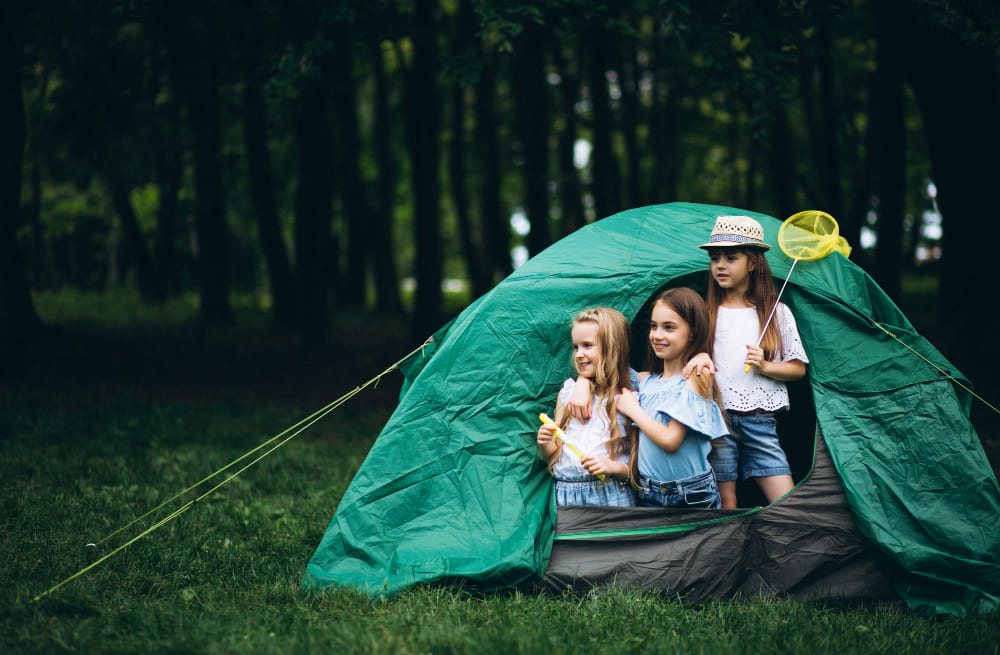We lead busy lives. What with work, household chores, taking care of loved ones and social obligations. Not to mention the kids are busy with school and after-school classes, which makes it hard to find time to spend together as a family. But now that the summer holidays are here, and the kids are out of school, you can finally plan activities to bring the family together.
Here are some ways to unplug and connect as a family.
- Get outdoors: Plan a hike or a visit to a nearby park. The kids can help with packing a picnic before you set off. Your family will get some fresh air, you can spot interesting flora and fauna with your kids, and everyone can just relax and be.
- Holiday mode: Save up your vacation days from work for the summer when your kids are free. Go on a trip as a family to a hill station or a beach destination, whatever suits your fancy and budget. Maybe, even plan a road trip. What a great way to create great memories as a family!
- Be present: We are always looking at screens – be it our phone, tablet, computer or television. Unplug from tech once a week as a family. Switch off the Wi-Fi for the day, and just spend time together. Talk, read together, eat together – you will be amazed what you may learn about yourself and your family members.
- Get involved: Let the family get involved in running the house. Set up a chore wheel and let everyone at home take turns doing basic household tasks. Why not spend an afternoon baking together, and an evening gardening? These are activities that the entire family can participate in.
- Learn together: Pick an activity or sport that you can all learn or play together. Maybe you can attend yoga classes as a family, or take a language class. If you have a particular interest like chess or knitting, you could teach your kids. This is a great way to bond and learn something new.
- Bring out the board games: Schedule family board game night a couple of times a week. Scrabble, Monopoly, Life – the options are endless and you can find a game that every member of the family can play. There will be much laughter and friendly competition!
- Explore your surroundings: Play tourist in your own city with your family this summer. Check out art exhibitions, try out new restaurants, visit the local museums – it will be a fun way to learn more about the place you live in, and spend time as a family.
All it takes is spending time together to bond as a family. This summer make it a point to prioritize your family, and the rest will fall into place.




 A cold popsicle is a great way to beat the heat. It is healthier than an ice cream, can be made at home and you can experiment with flavours. You can try combinations like coconut water and berries, yoghurt and mango, or even watermelon and mint. Once you make the mixture, pour it in to the Popsicle molds and freeze. You can easily get the molds online, and there are plenty of recipes available, click
A cold popsicle is a great way to beat the heat. It is healthier than an ice cream, can be made at home and you can experiment with flavours. You can try combinations like coconut water and berries, yoghurt and mango, or even watermelon and mint. Once you make the mixture, pour it in to the Popsicle molds and freeze. You can easily get the molds online, and there are plenty of recipes available, click